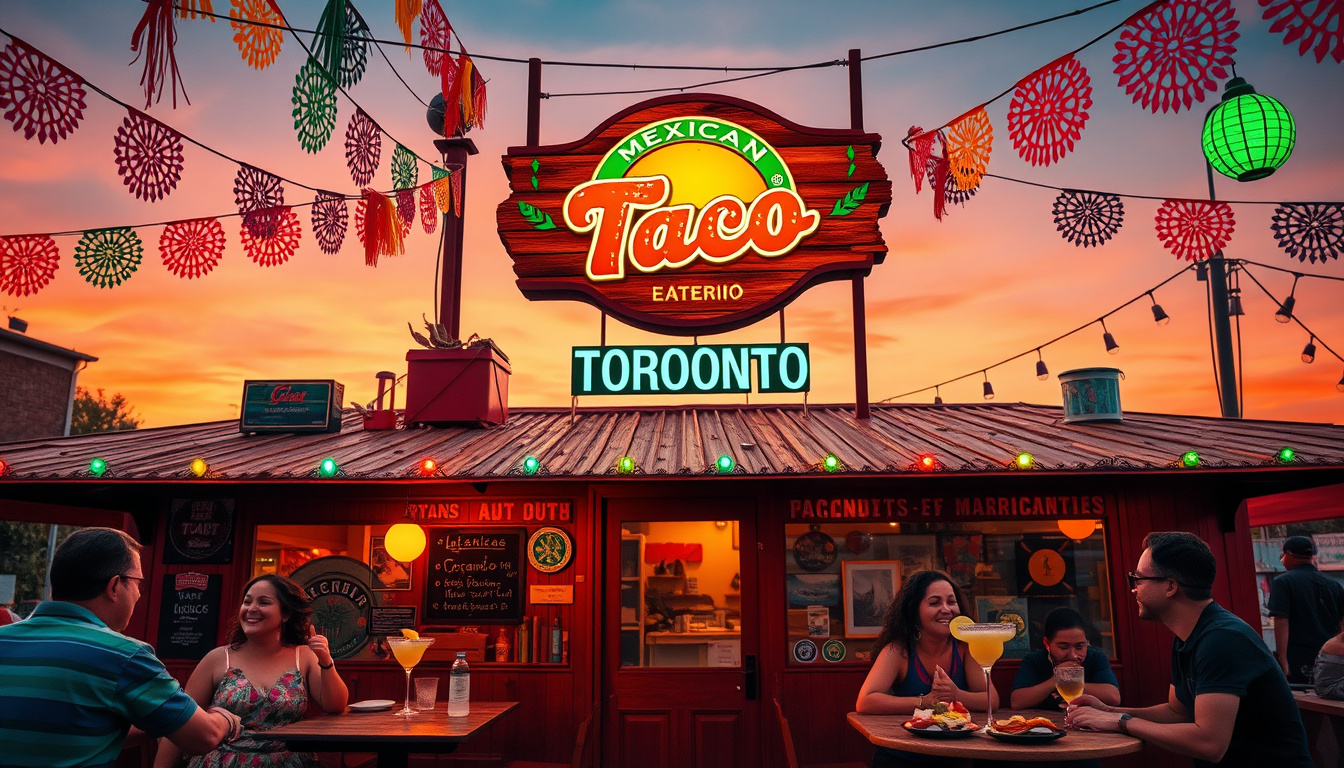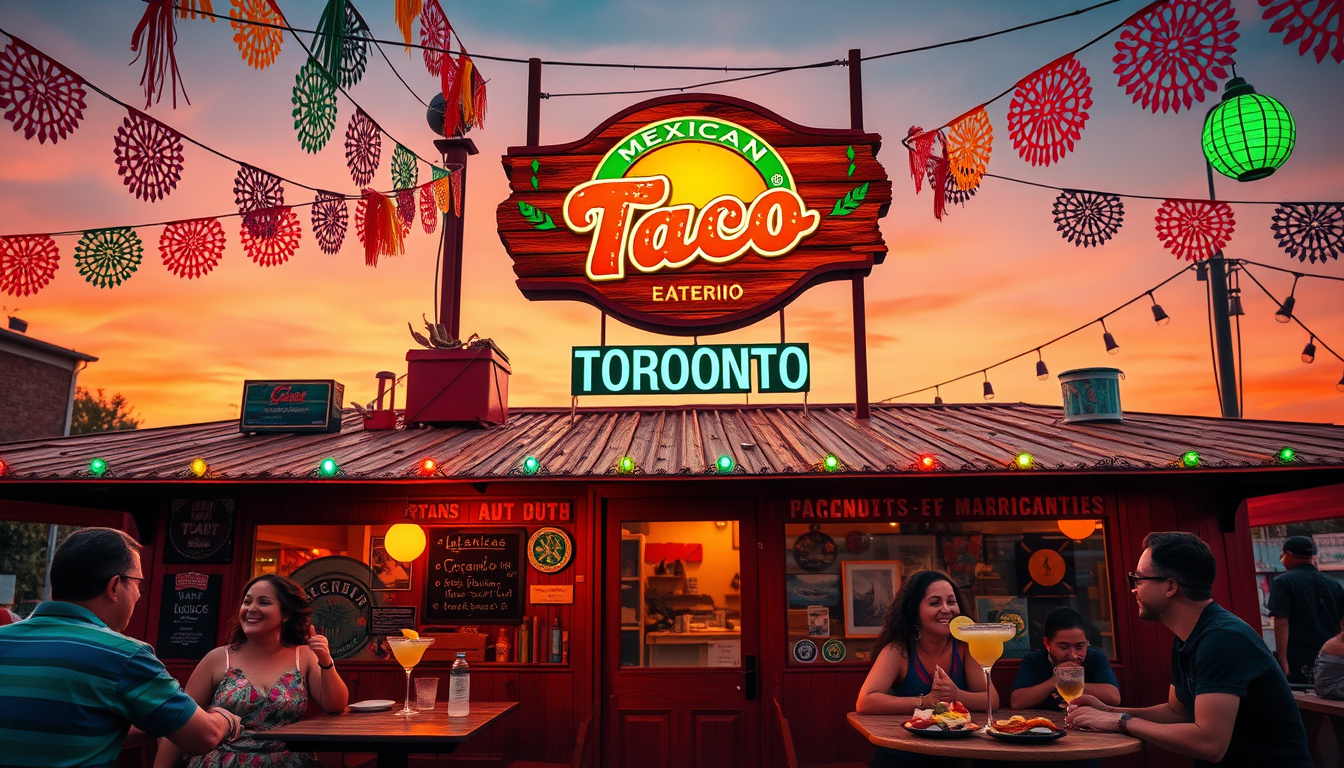La Carnita College, a beloved staple of Toronto’s vibrant food scene, has officially closed its doors, marking the end of a decade-long journey for this cherished eatery. Known for its inventive takes on Mexican street food—particularly its famed tacos and churros—La Carnita quickly earned a reputation among locals and visitors alike since its establishment in
2012. This article delves into the history and significance of La Carnita College, examines the potential impact of its closure on the local food scene, and reflects on what this means for fans of the restaurant as they navigate the changing landscape of Toronto’s culinary offerings.

Key Takeaways
- La Carnita College, a staple of Toronto’s food scene, has closed its doors after ten years of operation.
- The restaurant was renowned for its creative Mexican street food offerings, contributing significantly to the local culinary landscape.
- Despite the closure of its original location, La Carnita’s other outlets continue to thrive, indicating a resilient brand presence in the city.
A Brief History of La Carnita College
La Carnita College, a beloved Mexican eatery that made its mark on Toronto’s vibrant food scene, has closed its doors without any prior notice, much to the surprise of its loyal patrons. Founded in 2012 on College Street, this original location became synonymous with creative interpretations of Mexican street food favorites, including mouthwatering tacos and indulgent churros. The restaurant not only gained popularity for its delectable offerings but also benefited from the growing influence of co-founder Andrew Richmond, whose ice cream chain Sweet Jesus helped elevate the culinary culture in the city. However, with the recent closure of La Carnita College, there’s speculation surrounding the brand’s future, especially as Richmond’s Sweet Jesus has also seen a contraction in its downtown presence. Despite this unsettling development, La Carnita’s other locations remain vibrant and open, ready to welcome food enthusiasts as patio season approaches. The lack of an official statement from the restaurant chain about the closure leaves many questions unanswered, creating a bittersweet chapter in the ongoing story of La Carnita.
This unexpected shift in the landscape of Toronto’s dining options serves as a reminder of the challenges faced by restaurants, particularly in an ever-evolving market. For fans of La Carnita, there is still hope and opportunity at the other locations, where the spirit of fresh, innovative Mexican cuisine continues to thrive.
The Impact of Closure on the Local Food Scene
The closure of La Carnita College inevitably raises questions about the sustainability of local dining establishments in today’s market, particularly in the context of shifting consumer habits and economic strains. This original location was more than just a popular restaurant; it symbolized the growing appreciation for authentic culinary experiences in urban environments. As other eateries continue to flourish around the city, La Carnita College’s sudden absence leaves a notable gap in the Mexican food offerings. Observers are keen to understand the factors that may have contributed to this decision, especially given the chain’s overall stability and popularity. Local consumers often seek not only quality food but also consistency and reliability in their dining options, making closures like this one a significant loss to community dining culture. Moreover, the ongoing success of La Carnita’s other locations illustrates that while one chapter has closed, the legacy and flavor of the brand continue to resonate with its fans.





